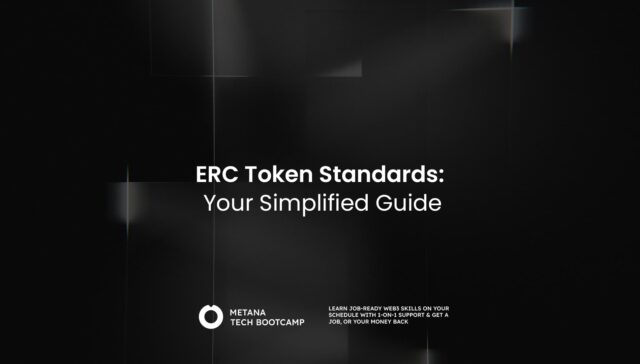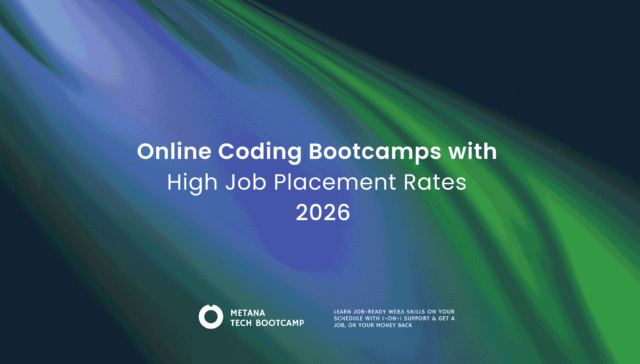In today’s digital age, the demand for software engineers has skyrocketed. With the rapid growth of technology, software engineers are at the forefront of building the products and services that power everything from mobile apps to enterprise software. They design the systems and architectures that make it possible to send messages, buy products online, and manage data at scale. But what is the reality of being a software engineer? Is it as glamorous as it seems, or are there hidden challenges?

In this article, we will dive deep into the day-to-day life of a software engineer, explore the profession’s challenges, rewards, and address common questions like: “Is software engineering very stressful?”, “What is the hardest part of being a software engineer?“, and “Is it fun being a software engineer?” By the end of this article, you’ll have a clear picture of what it’s like to be a software engineer and whether this career path is right for you.
What is a Software Engineer?
Before we dive deeper, let’s first define what a software engineer is. A software engineer is a person who applies engineering principles to the design, development, maintenance, testing, and evaluation of software and systems. They may work with hardware and software, but their primary responsibility is to build software solutions.
Software engineers play an essential role in creating all kinds of applications, ranging from mobile apps and websites to cloud platforms and complex enterprise systems. Whether it’s developing apps for consumers or creating business solutions for large companies, software engineers are at the heart of creating products that solve real-world problems.
Is Software Engineering Very Stressful?
One of the most common questions people have when considering a career in software engineering is whether the job is stressful. The truth is that, like any profession, software engineering comes with its fair share of stressors, but it’s important to keep things in perspective.
Deadlines and Expectations –
Software engineers are often under pressure to meet deadlines, whether it’s for launching new features or fixing bugs that affect customers. Tight schedules can lead to stress, especially when unexpected problems arise. Whether you’re working on a product launch or handling critical system outages, the pressure to deliver on time can be intense.
Continuous Learning –
The technology field is constantly evolving, which means software engineers are expected to continually update their skill set. Whether it’s learning a new programming language, adopting a new framework, or understanding new hardware requirements, there’s always something new to learn. While some software engineers love this dynamic aspect of the job, others might find it overwhelming to keep up.
Imposter Syndrome –
Another common stressor in software engineering is imposter syndrome. This is the feeling that, despite your skills and accomplishments, you’re not good enough. Especially in high-performance environments, where the best and brightest are working together, it can sometimes feel like you’re constantly trying to prove yourself. The fast-paced nature of tech companies, where engineers are often expected to stay on top of the latest trends, can contribute to feelings of inadequacy.
Despite these challenges, many software engineers thrive in fast-paced environments. The key to handling stress effectively in this profession is having the right work-life balance, effective time management skills, and a strong support network from peers and supervisors.
What is the Hardest Part of Being a Software Engineer?
There’s no doubt that software engineering can be a challenging career. However, the most difficult aspects of the job often depend on the specific engineer’s role, team dynamics, and the complexity of the project. But some recurring challenges arise across most fields of software engineering.
Debugging Complex Problems –
Debugging is one of the hardest tasks for many engineers. Identifying the root cause of an issue can sometimes feel like searching for a needle in a haystack. Whether you’re troubleshooting production bugs or working on new software features, it often requires a deep understanding of the codebase and the ability to isolate problems. This can be mentally draining and time-consuming, especially when you’re under pressure to fix something quickly.
Working with Legacy Code –
Many software engineers spend a significant portion of their careers working with legacy code. Legacy code is older code that was written using outdated techniques, tools, and standards. It’s often poorly documented and hard to maintain, which can make it a nightmare for engineers who are trying to add new features or fix issues. Managing legacy code requires both a strategic mindset and strong problem-solving skills to ensure that the codebase remains functional and scalable.
Collaboration and Communication –
While software engineering is often seen as a solitary task, it’s actually highly collaborative. Software engineers often work in teams, communicating with designers, product managers, and quality assurance teams. Effective communication is vital to the success of a project, and for some engineers, collaborating with people from different departments can be a challenge. Communicating complex technical information to non-technical stakeholders, in particular, requires patience and clarity.
Workplace Expectations –
Software engineers are frequently expected to keep up with industry trends and continuously improve their skill set. However, this constant learning and skill-building can lead to burnout, especially in high-pressure environments. If you’re working in a company with high expectations for continuous output, the work can feel relentless.
Is it Fun Being a Software Engineer?
Now, onto the million-dollar question: Is being a software engineer fun? The answer, in most cases, is yes but like any career, it depends on your personality, work environment, and what you enjoy.
The Thrill of Problem-Solving
If you love solving problems and tackling challenges, then software engineering can be incredibly fun. From building applications to debugging tricky code, there’s a constant flow of problems to solve. Many engineers find great satisfaction in seeing a product come together after days, weeks, or even months of hard work. The ability to think critically and solve problems creatively can be highly rewarding.
Building Products That Matter
One of the most fulfilling aspects of being a software engineer is seeing the impact of your work. Whether you’re building an app that millions of people will use or developing a tool that makes people’s lives easier, there’s a tangible sense of achievement in knowing that your work directly contributes to making the world better.
Flexibility and Autonomy
Many software engineering jobs, especially in tech, offer great flexibility. Some companies offer remote work opportunities, flexible hours, and a focus on results rather than time spent in the office. This can lead to a healthy work-life balance and give engineers the autonomy to work in a way that suits them best.
That said, the job isn’t always fun. Some aspects of software engineering, such as debugging old code or managing legacy systems, can be tedious. Additionally, dealing with tight deadlines and constant learning can be exhausting at times.
FAQs
Is software engineering stressful?
- Yes, software engineering can be stressful, particularly when working with tight deadlines or complex problems. However, the stress level depends on the team, project, and your ability to manage workload and time effectively.
What is the hardest part of being a software engineer?
- The hardest parts of being a software engineer include debugging complex problems, working with legacy code, and communicating technical details to non-technical stakeholders.
Is it fun to be a software engineer?
- For those who love problem-solving and creating impactful products, software engineering can be very fun. It offers opportunities to work on interesting challenges and build products that make a difference.







